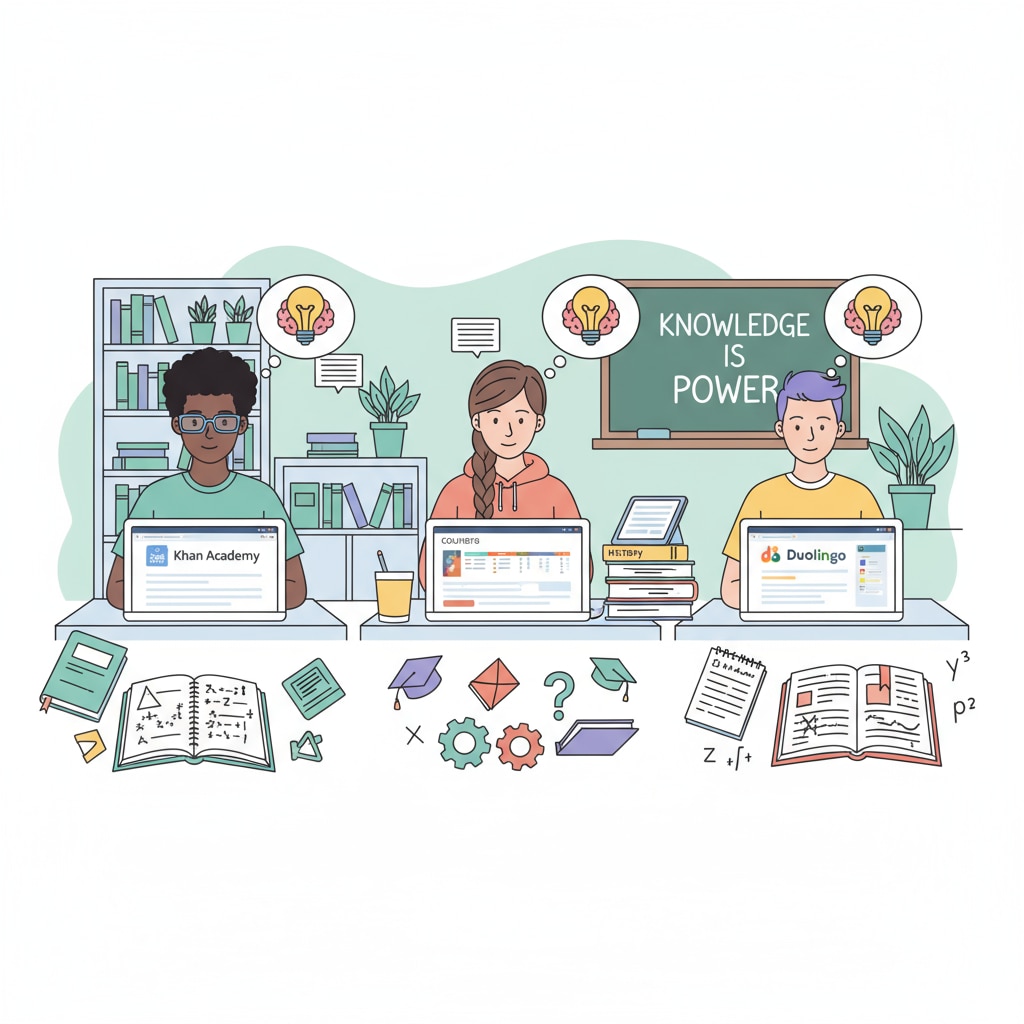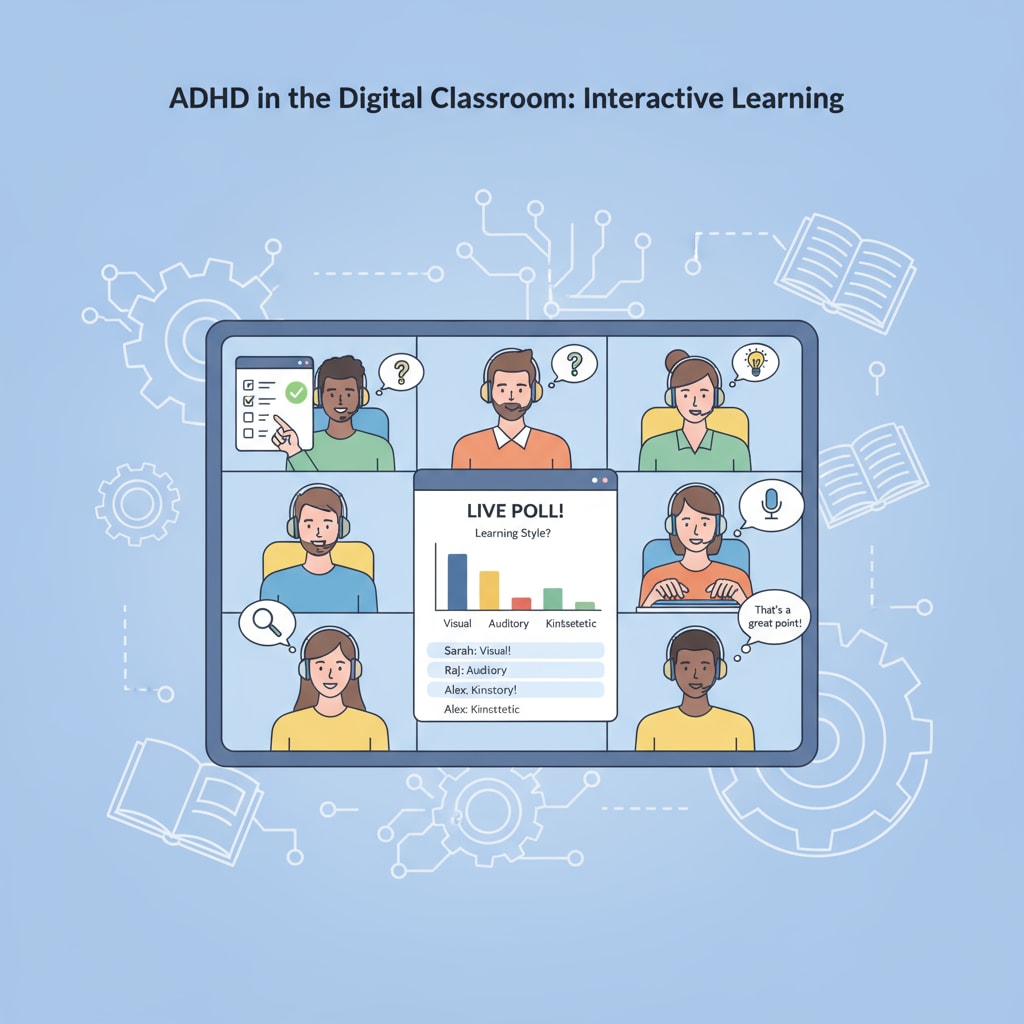For ADHD adults seeking to fill the gaps in their basic education, the digital age has provided a wealth of online learning resources. Basic education, ADHD, and online learning resources are now intertwined in ways that offer new hope for those who may have struggled in traditional educational settings. With the right approach, these adults can not only catch up on missed knowledge but also rediscover the joy of learning.

The Struggles of ADHD Adults in Basic Education
ADHD (Attention – Deficit/Hyperactivity Disorder) often presents unique challenges in the learning process. Adults with ADHD may have faced difficulties concentrating, staying organized, and following through with tasks during their initial educational years. As a result, many have gaps in their basic education knowledge. These gaps can range from fundamental math skills to reading comprehension and writing proficiency. For example, according to the CDC, ADHD can significantly impact academic performance, leading to incomplete learning of basic concepts.
Online Learning Resources as a Solution
Online learning has emerged as a game – changer for ADHD adults. There are numerous platforms that offer courses tailored to basic education. For instance, Khan Academy provides free, comprehensive courses in math, science, and humanities. Coursera also has a wide range of beginner – level courses from top universities. These resources are accessible at any time, allowing ADHD adults to learn at their own pace. Moreover, the interactive nature of online courses, with features like videos, quizzes, and discussion forums, can help maintain their attention.

Another advantage of online learning resources is the ability to customize the learning experience. ADHD adults can choose courses based on their specific needs and interests. They can also break down the learning material into smaller, more manageable chunks, which is beneficial for those with difficulty focusing for long periods. In addition, many online platforms offer tools for note – taking, time – management, and progress tracking, which can assist in staying organized.
Learning Strategies for ADHD Adults
To make the most of these online learning resources, ADHD adults can adopt several strategies. First, creating a structured study schedule is crucial. Setting specific times for learning each day helps establish a routine. Second, using visual aids and mnemonic devices can enhance memory. For example, making flashcards or creating mind maps can help with retaining information. Third, finding an accountability partner, either a friend or a fellow learner, can keep them motivated and on track.
Readability guidance: The article uses short paragraphs to present information clearly. Each H2 section has relevant details and strategies. Transition words like “for example”, “moreover”, and “in addition” are used to connect ideas. The focus is on providing practical advice for ADHD adults using online resources for basic education.


